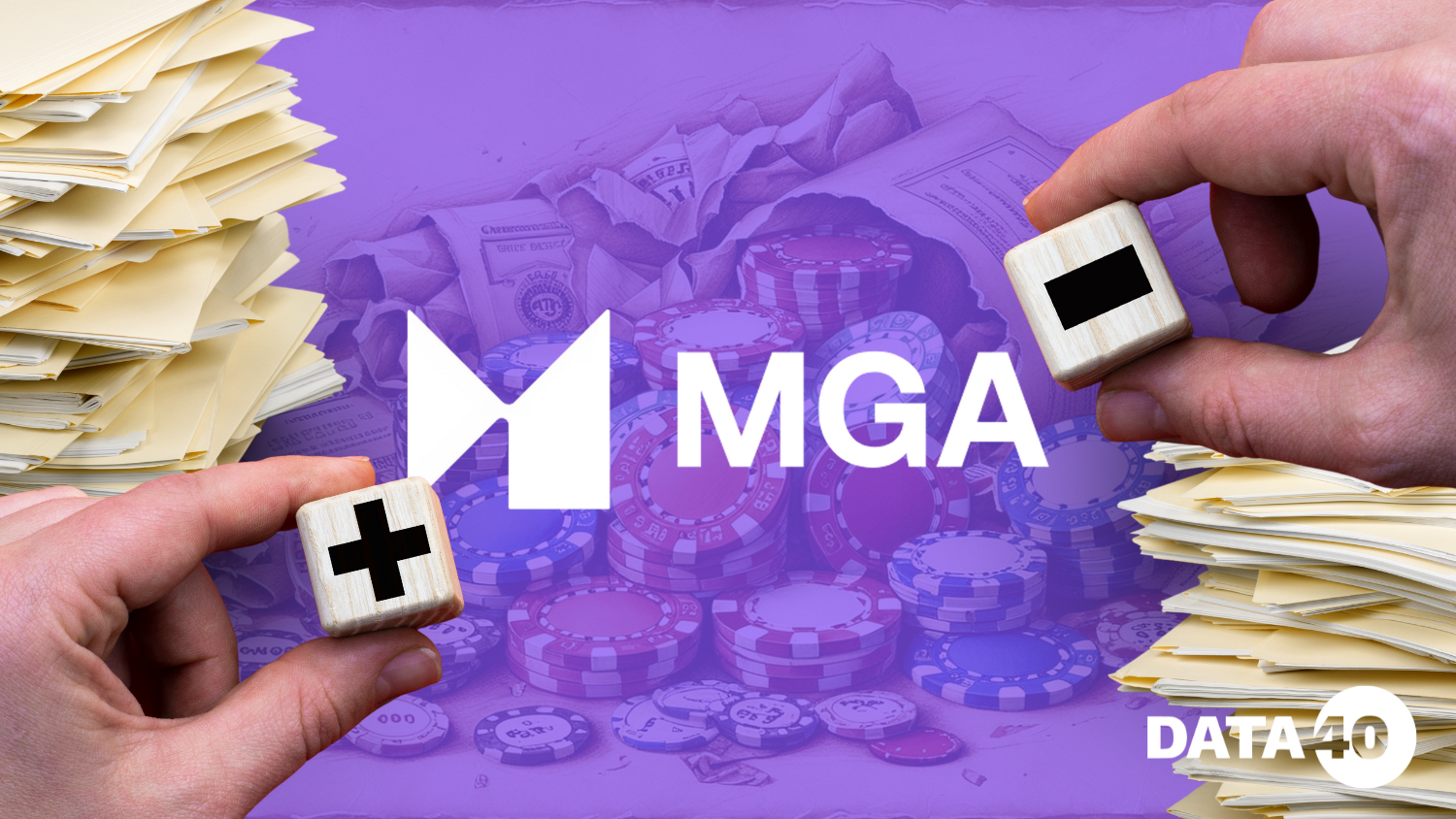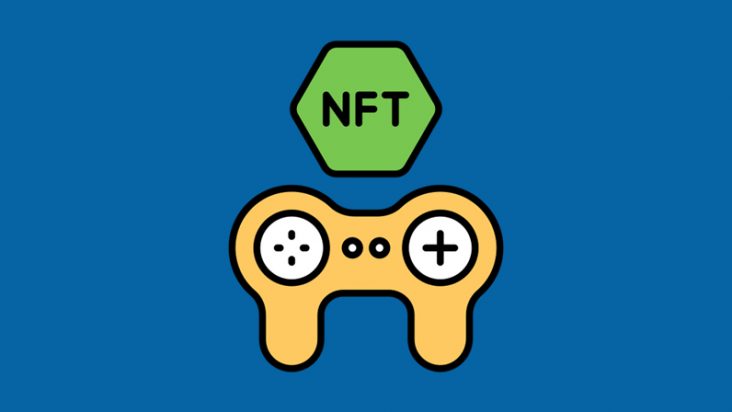

The Malta Gaming Authority (MGA) license is a critical benchmark in the iGaming industry, recognized globally for its stringent standards in fairness, transparency, and responsible gaming. In 2024, as regulatory scrutiny increases worldwide, the MGA remains a top choice for operators seeking a secure and reputable framework. Its robust reputation offers a competitive edge, ensuring player trust and compliance in a complex regulatory landscape.
The purpose of this article is to provide international iGaming operators with a balanced evaluation of the Malta Gaming Authority (MGA) license in 2024. It will explore a detailed breakdown of the benefits of the MGA License (International Credibility, Access to Global Markets, Regulatory Flexibility, Business Growth Opportunities, Player Protection Standards), the drawbacks of the MGA License (Regulatory Challenges, Cost Considerations, Geographical Restrictions, Increased Scrutiny), and industry trends and changes in 2024.This analysis will help operators make informed decisions about whether the MGA license aligns with their business goals and target markets.
Detailed Breakdown of the Benefits of the MGA License
International Credibility
The Malta Gaming Authority (MGA) license is widely regarded as a mark of trust in the online gaming industry. It signifies adherence to rigorous regulatory standards, covering fair play, financial integrity, and responsible gambling practices. Many established operators, such as Betway and Unibet, leverage their MGA licensing to reassure customers and business partners about their legitimacy and operational transparency. This credibility enhances customer retention and attracts strategic partnerships.
Access to Global Markets
The MGA license allows operators to enter numerous jurisdictions, including European and non-European markets, where the license is highly recognized. It facilitates cross-border operations by aligning with international regulatory standards, such as GDPR for data protection and anti-money laundering measures. Additionally, the MGA’s reputation helps operators navigate the complexities of legal compliance, opening doors to untapped and lucrative markets.
Regulatory Flexibility
Malta offers a favorable tax environment for gaming companies, with an effective tax rate of 5% on gaming revenue. This, coupled with an adaptable compliance framework, enables operators to optimize their business models without compromising on legal and operational standards. The MGA also provides ongoing support and updates to help operators remain compliant with evolving laws, making it a pragmatic choice for scalability.
Business Growth Opportunities
An MGA license enhances operators’ ability to collaborate with global payment providers, software developers, and affiliates. This credibility attracts high-profile partners who prioritize working with licensed entities to avoid reputational risks. Malta’s position as a hub for iGaming innovation creates opportunities for networking and accessing cutting-edge technologies.
Player Protection Standards
The MGA imposes stringent requirements to ensure consumer safety, including:
- Secure Player Funds: Segregation of operational and player funds to guarantee payouts even during financial distress.
- Fair Gameplay: Regular audits of games to validate randomness and transparency.
- Dispute Resolution: A robust framework to resolve player complaints equitably, fostering trust.
- Data Security: Compliance with GDPR and other data protection regulations to safeguard personal and financial information.
These measures not only protect players but also enhance the reputation of operators by demonstrating their commitment to ethical business practices. The MGA license remains one of the most coveted in the iGaming sector for its ability to balance stringent regulation with operational flexibility.
Drawbacks of the MGA License
The MGA (Malta Gaming Authority) license offers several key benefits but also presents some challenges for international operators in 2024. Below are the main drawbacks associated with holding an MGA license:
- Regulatory Challenges: The MGA imposes stringent compliance requirements, which can be complex for operators to manage, especially those unfamiliar with the regulatory environment. Regular audits and thorough reporting obligations are mandatory, ensuring that operators comply with all aspects of the licensing agreement. This level of scrutiny requires operators to invest in legal teams and compliance departments to stay up to date with ever-evolving regulations.
- Cost Considerations: Obtaining and maintaining an MGA license involves substantial financial commitments. Application fees, annual license fees, and taxes can be significant, particularly for smaller operators or startups. These costs are generally higher than some other jurisdictions like Curacao or Gibraltar, which offer lower fees and less complex regulatory frameworks. For comparison, Gibraltar is often seen as a more cost-effective alternative, especially with its lower social security and VAT exemptions.
- Geographical Restrictions: While the MGA license is widely recognized in Europe, its acceptance outside of Europe is more limited. In regions such as the United States and Asia, an MGA license may not be sufficient to establish credibility or operate legally. Operators looking to expand globally may face challenges entering markets where the MGA license does not hold the same weight or is not recognized at all.
- Increased Scrutiny: The MGA is known for its rigorous monitoring of licensed operators. This includes frequent audits and a continuous oversight process, which may be burdensome for operators who prefer a more hands-off approach. Although this helps maintain high standards in the industry, it can lead to operational disruptions, especially if the MGA identifies compliance issues that need immediate resolution.
These drawbacks highlight that while the MGA license offers substantial benefits like credibility and market access, the associated costs, regulatory complexities, and limited global recognition in certain markets should be carefully considered by any operator looking to obtain or maintain the license.
Industry Trends and Changes in 2024
In 2024, the Malta Gaming Authority (MGA) remains a key player in the global online gaming and betting sector, both in terms of regulatory stability and adaptability to emerging trends. Here’s how MGA is aligning with evolving industry shifts:
- Evolving Global Regulatory Environment: The MGA stands out for its forward-looking approach to regulatory adaptation, responding to increasing global scrutiny of the gaming sector. Compared to other jurisdictions like Curacao or Gibraltar, the MGA is seen as a robust regulator, continually updating its compliance frameworks to meet new international standards. This includes enhancing transparency and ensuring fair play, which makes it a trusted licensing authority for international operators.
- Technological Innovations: The rise of blockchain technology and AI is reshaping the gaming industry, and the MGA is keeping pace with these developments. MGA-licensed operators are exploring blockchain for greater transparency in transactions and improved data security. AI is being used for customer service automation and personalized gaming experiences. The MGA has shown an interest in supporting these technological innovations, ensuring that operators can leverage these tools within a compliant and secure framework.
- Sustainability and ESG Initiatives: The MGA has also embraced Environmental, Social, and Governance (ESG) considerations as part of its licensing ethos. In 2024, the MGA introduced a voluntary ESG Code of Good Practice for remote gaming operators. This code encourages licensees to adopt sustainable practices, aligning with broader industry trends towards transparency, social responsibility, and environmental sustainability. The MGA’s commitment to ESG reflects its awareness of the growing demand for ethical business practices, especially in sectors like gaming, where consumer trust is paramount.
Conclusion
The MGA (Malta Gaming Authority) license offers international operators a strong reputation, particularly in Europe, fostering trust with customers and partners. It provides access to regulated markets, favorable tax rates, and adaptable compliance frameworks that support business growth and It enforces robust consumer protection standards.
The license comes with significant costs, including higher fees and taxes compared to other jurisdictions like Curacao or Gibraltar. Compliance requirements are complex and resource-intensive, and the MGA’s recognition is limited outside Europe, especially in markets like the U.S. and Asia. Continuous audits and monitoring can also disrupt operations.
The MGA license is ideal for operators targeting European markets and valuing credibility and long-term growth. For those seeking lower costs or focusing on regions with limited MGA recognition, alternatives may be more suitable.








